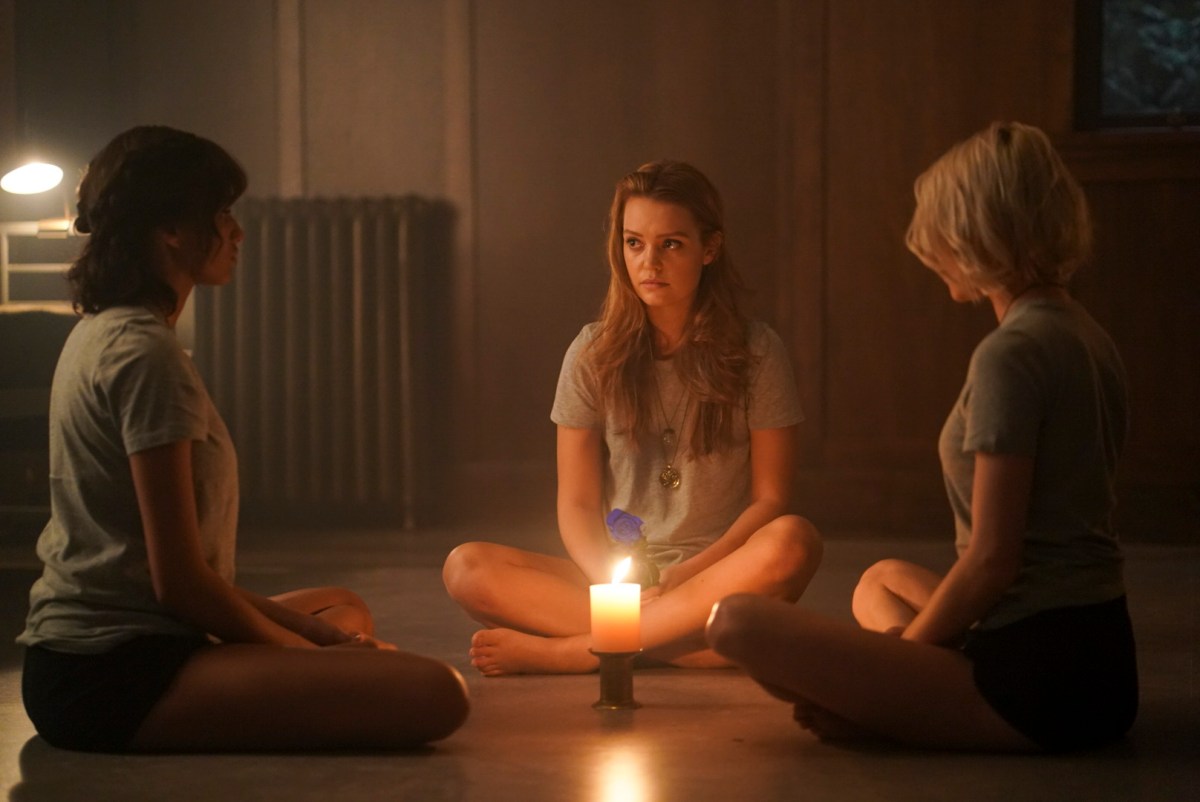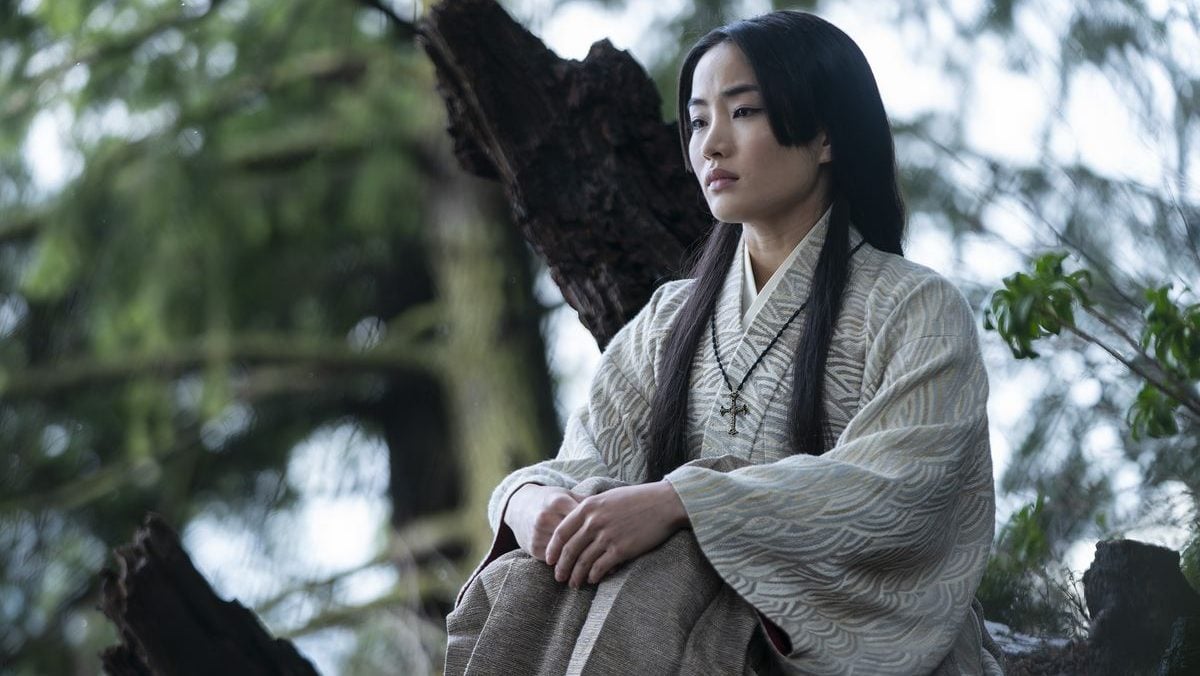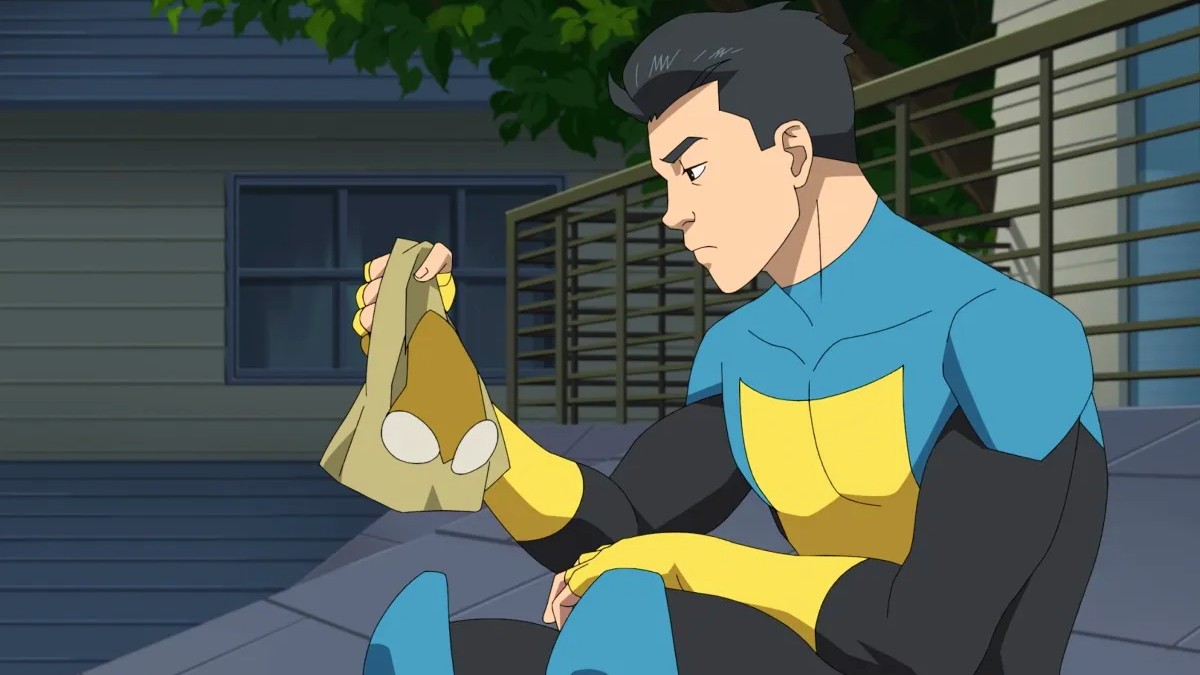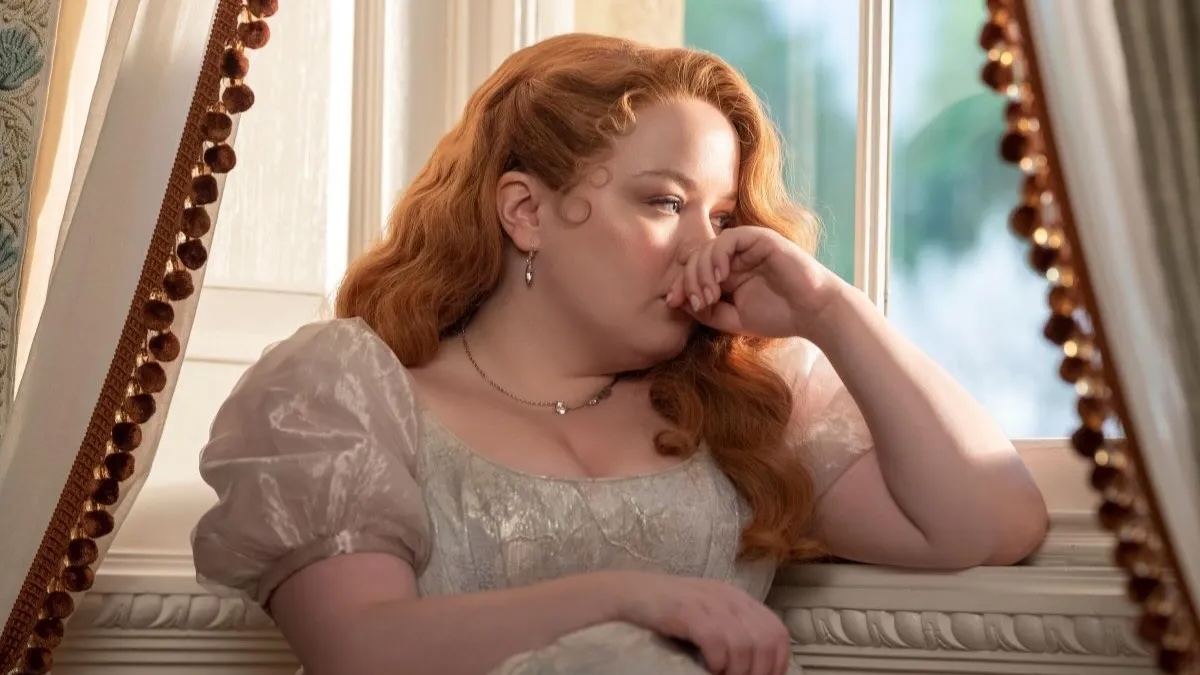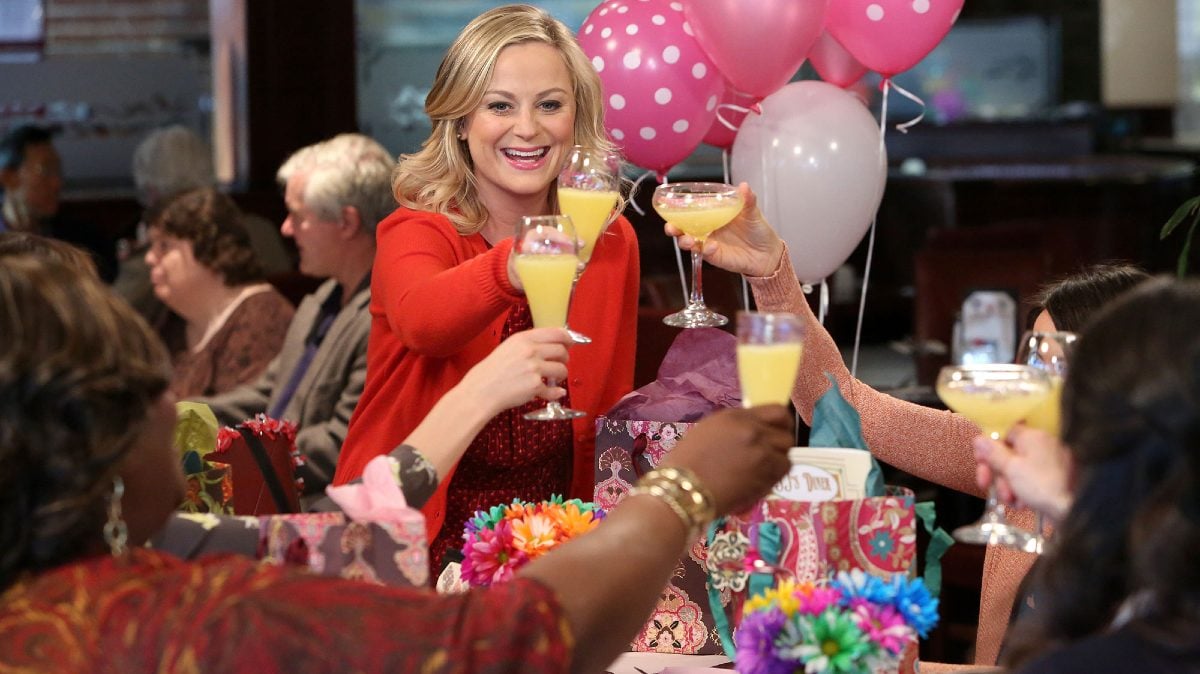When I heard the concept for Freeform’s Motherland: Fort Salem I was so excited. I love witchy shows, I love queer stories, I love matriarchy. I even love alternate history. So the idea of a show set in an alternate America—where the Witches of Salem made a deal with the Massachusets militia, and later the American government, that they would be their soldiers and fight their wars in exchange for freedom from persecution—was very interesting.
But it also, like many witchy shows, made me wary. Witchcraft is a tricky thing to respectfully portray, mainly because witches and witchcraft are often misunderstood, as are magickal or witchcraft-focused religions and religious practices like Wicca, Santeria, or native spiritualities. Witches, Wiccans and more are often fetishized, distorted, appropriated or outright vilified by media.
Motherland: Fort Salem, doesn’t fail as badly as some other depictions of witchcraft, and like most magical shows, it’s not about a version of witchcraft that’s close to reality. It does, however, use witchcraft as a vehicle to examine militarism, American exploitation or marginalized people, and many other thorny political ideas.
Motherland: Fort Salem, like many series and movies, imagines witches not as practitioners of an ancient craft accessible to all women, but as a sort of subspecies. Witches are not necessarily the same as “mortals”; they are born with special powers and abilities, and when they turn 18, they are almost all drafted into the United States Army.
Fort Salem itself is where the army trains, mainly in using what the series calls sounding. Witches use their voices to do magic, and when working in groups they can “sing a storm” and fight on the front lines with tornados and other natural powers at their command. They are commanded by general Sarah Alder (Lyne Renee), a seemingly immortal witch who first signed the “Salem Accords” with the early American government.
The series focuses on three young recruits in a single unit of three witches: Raelle (Taylor Hickson) from a poor, lower-class background who has a serious problem with the authorities due to her family’s history with the army; Tally (Jessica Sutton), the sweet and passionate one who joined the army despite the fact her mother didn’t want her to serve; and Abigail (Ashley Nicole Williams), the committed overachiever and daughter of an officer.
The three girls all have different views on the utility of the army and whether the conscription of witches to fight in wars is just or a version of slavery. Raelle is the focus, as she does her worst in training before meeting a cute older private, Scylla (Amalia Holm) with whom she sparks a romantic connection.
One question that audiences will be asking is “if America has an army of witches, why are there wars now at all?” Well, it might be that other countries have witches, but the enemy here is a terrorist group called “The Spree” that seeks to end the slavery of witches … and cause chaos it seems.
The morality of the army, the US, the witches, and their enemy is immediately called into question in the first episode. The Spree makes some valid points, but their attacks are truly horrific. Fair warning: the first scene of the series is a Spree attack and it’s so deeply disturbing the show comes with a disclaimer at the top.
I like a lot of the ideas behind this show. I like the queerness, I like that there are a variety of racial identities represented. Though Raelle is queer, she’s also from an area of the country called the “Chippewa cession,” which indicates there’s a different history with Native peoples in this America, and I hope that’s explored.
I like the idea of an isolated matriarchy where witches are all together. And I like how the show seems to be willing to explore the way the country and military exploit marginalized people, venerates them only in death, and what that means about the treatment of women and witches in general.
The acting is fine, and even if the characters feel a little trope-y, the chemistry between all the leads in there and the visuals and world-building are top-notch. It makes me want to watch more to see where things go an where, if anywhere, the show lands in terms of how they view the exploitation at its core. And I can’t wait to see if they get closer at all to some real witchcraft.
Motherland: Fort Salem premieres on Freeform on March 18th, 2020.
(Image: Freeform/David Bukach)
Want more stories like this? Become a subscriber and support the site!
—The Mary Sue has a strict comment policy that forbids, but is not limited to, personal insults toward anyone, hate speech, and trolling.—



